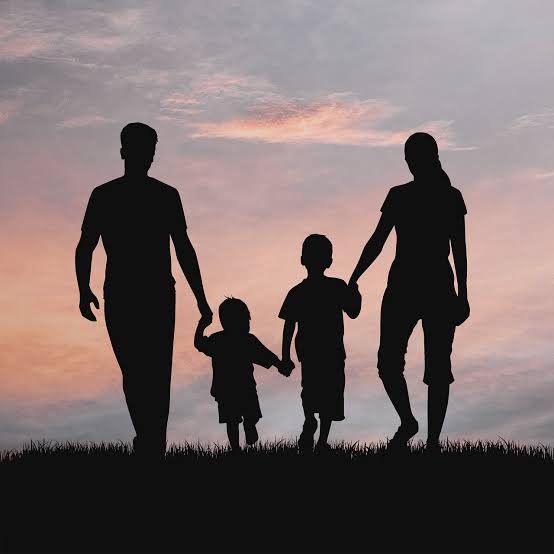NAIROBI, Kenya, Dec 4- For years, we have had countless conversations on Gender Based Violence in Kenya.
The horror displayed in the specific cases highlighted in the public space on the same speaks to the seriousness of it.
We can all remember the excruciating death Betty Kavata in the hands of her police officer husband.
Recently, we know Purity Muthoki lives with amputated arms after her husband chopped them off in her home. Confinement in this COVID-19 pandemic times has seen violence explosion of such cases across the world.
The perpetrators of the violence are hardly strangers. A recent study done in Mombasa County Government identifies that 95 percent of the cases reported, featured an intimate partner as the perpetrator of the violence whether it be rape, verbal attacks or physical abuse.
Members of the family usually perpetrate physical and sexual assault against children. From cases of ‘pimping’ children for economic favours, to the taking advantage of their vulnerability by relatives who should know better ensures that we have a generation of children growing up broken and threatened to silence and pain.
Why is this critical in how we handle gender-based violence? Aside from reporting on it, prosecuting guilty parties, is there an address that can tackle gender-based violence at the root?
How do we make our social systems safe again specifically for girls and women who are gravely affected by it?
A policy paper on the prevention of Gender Based Violence published in 2014 by the Kenya government highlighted that while individuals suffer physical and psychological trauma from violence, the society suffers from the breakdown of family.
Because of this, the economic impact translates to increased health care spending, added burden to the criminal, justice system, and lost productivity at work. This impact is why it is urgent to move from just reporting and even prosecuting perpetrators of violence to managing our relationships to nip it in the bud.
My work as a communicator has taught me a whole lot about the complexity of the exchange of information between human beings. We communicate as we are and process information as we are.
Many times, the thread of violence is laced with negative childhood experiences and words spoken into our lives.
However, and this is key, very few of us have had trouble free childhood experiences; we had parents that were careless with their words and teachers who seemed to come from the pit of hell.
The problem with GBV stems from not addressing these negative experiences so that they cause the bitterness that shows up in the assault and the horror we have experienced.
Failure to address the bitterness, envy, abandonment, the lack of love among us makes us not just vulnerable to abuse in future, but and tragically so very possibly perpetrators of abuse.
One of the most vocal Gender Based Violence champions Njeri Migwi Mwangi, has severally shared the bottleneck of seeking justice for victims is with the family.
In one recent case, the family of a sexually abused minor actively protected the perpetrator paying his bail and threatening the mother to the minor.
Ostensibly, this was done to protect the family. Therein is our problem; we hold honour and a good name in such high regard that we disregard the dysfunction in our families that births the trauma and burden that we now see represented in the numbers and spikes in gender-based violence.
Our inability and unwillingness to address our pain, to build our self-awareness and face the ugliness of our humanity brings us to this place.
What can we do? As a member of a family, normalize discussing negative experiences and solving conflict in the open, normalize expressing feelings with respect and putting boundaries in the relationships that matter.
Additionally, there is a need to get an education on how to engage in relationships. We get skills for everything else and forget how to up-skill in our relationship building. Counselling and psychological help in managing our relationship is an engagement that can change our outlook and hopefully the incidents of Gender Based Violence.
We need it before we get into difficult aspects of the relationships we engage as much as we do when we encounter challenges.
Seeking treatments for our internal wounds and recalibrating our understanding and respect for family gives us a chance to build our relationships back better.
The writer, Wangui Kiili is a Communication Consultant and a Speech Coach. She helps brands speak with clarity and confidence.
wangui@leadspeakreach.com
Want to send us a story? Contact Shahidi News Tel: +254115512797 (Mobile & WhatsApp)


